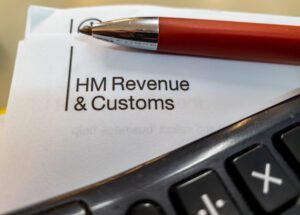DOMESTIC manufacturing of electric vehicles (EV) and the electrification of the public transport fleet will require stronger policy support to sustain growth, after EV registrations hit 22,637 units last year, the Electric Vehicle Association of the Philippines (EVAP) said.
“The strong growth in EV sales is a positive sign, but we need to ensure that this momentum is backed by long-term policies and investments,” EVAP President Edmund A. Araga said in a statement on Monday.
“Now is the time to solidify our commitment to electrification and create an ecosystem where EV adoption is practical, convenient, and beneficial for all,” he added.
According to registration documents obtained by BusinessWorld, the Land Transportation Office tallied 22,637 battery electric vehicles (BEVs) and hybrid electric vehicles (HEVs) registered last year, consisting of 5,840 BEVs and 16,797 HEVs.
Of the total, 2,504 were cars, 6,220 were utility vehicles, 13,610 sport utility vehicles, 14 trucks, 19 were, 57 motorcycles and tricycles, and 213 non-conventional motorcycles.
To support this growth, Rommel T. Juan, chairman of EVAP, said that the group is seeking support for manufacturers and the development of supply chains, while promoting the electrification of public and commercial transport.
To strengthen manufacturing, he asked for incentives such as tax breaks, lease subsidies, and production-based perks to companies investing in domestic EV assembly and component making.
He cited the need to establish policies governing battery recycling and disposal to support circularity in the EV industry.
Regarding technology transfer, he called for grants and incentives for research and development in EV technology, battery innovation, and charging infrastructure.
Mr. Araga said that the government should set phased mandates to electrify vehicle fleets and financing options for operators.
For commercial transport, he asked for the introduction of tax breaks or carbon credit incentives for logistics companies transitioning to EV fleets.
He said the Electric Vehicle Industry Development Act, which requires that 5% of government vehicle fleets should be EVs, needs to be enforced and supported with budget allocations.
The group also called for the acceleration of the public charging station rollout.
To date, the Philippines is estimated to have 500 operational charging stations, with at least 5,000 needed by 2030 to meet projected demand.
According to EVAP, consumer demand has also shifted significantly, with more drivers considering EVs as a viable alternative to traditional fuel-powered vehicles. — Justine Irish D. Tabile


















